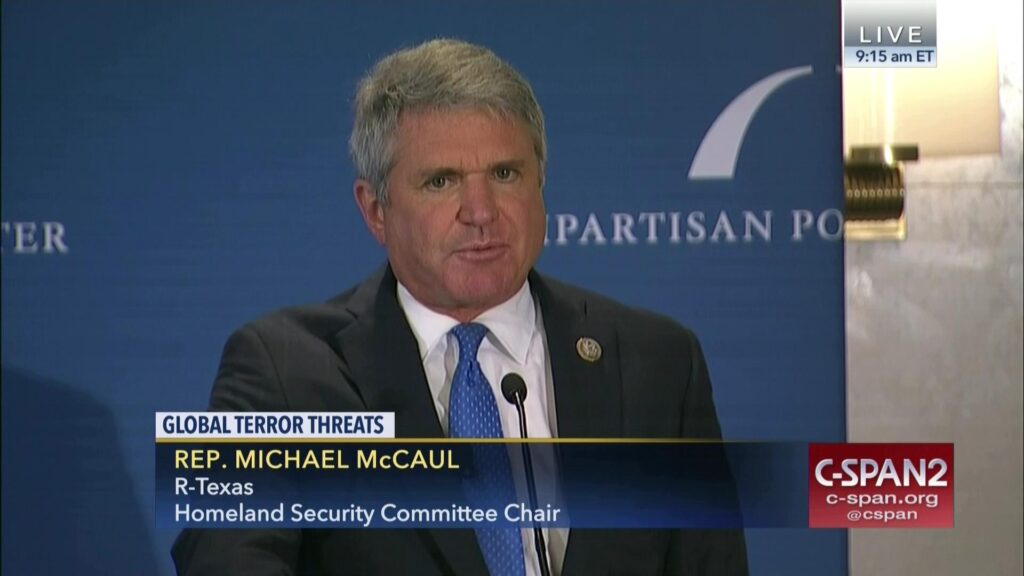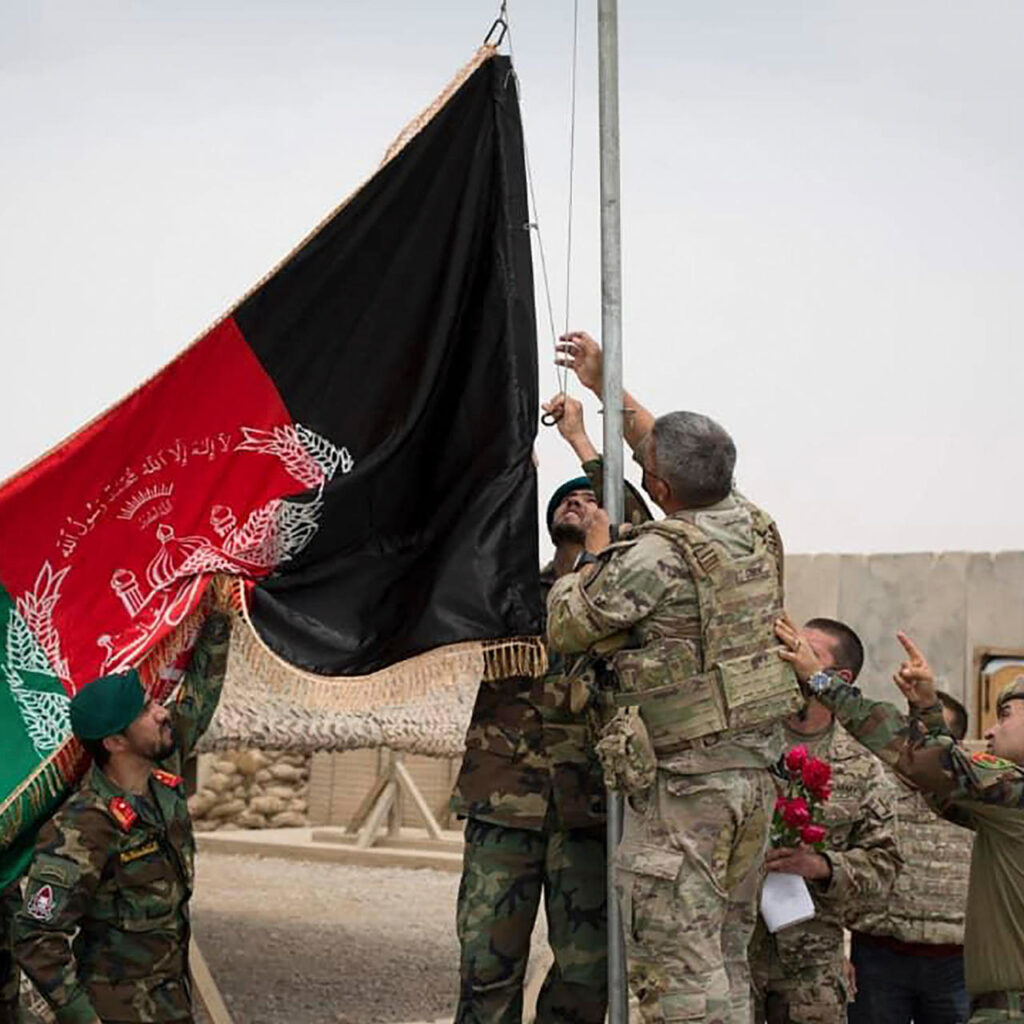WASHINGTON: US lawmakers pleaded Tuesday for the evacuation of thousands of allies in Afghanistan, fearing a bloodbath as America ends its longest war, but the administration brushed off fears the Kabul government would quickly crumble.
Some 18,000 Afghan interpreters, commandos and others who backed US forces are waiting for decisions on visas to emigrate to the United States, a backlog that lawmakers say could take more than two years.
“We cannot allow Kabul to be another Saigon,” Representative Mike McCaul, the top Republican on the House Foreign Affairs Committee, said at a hearing, referring to the chaotic helicopter lifts of people as US-allied South Vietnam fell in 1975.

McCaul showed a text message from a US Special Forces soldier about an Afghan colleague fearful the Taliban will kill him after September, the deadline set by President Joe Biden for withdrawal.
“I’m concerned that his prediction — many predictions — will come through and these people will be slaughtered by the Taliban,” he said.
He said that the United States should consider airlifting Afghans with pending applications to a third country, such as Bahrain, Kuwait or the United Arab Emirates, for visa processing.
Representative Brian Mast put the threat bluntly: “None of us want to see one of those individuals that have worked with us have their head cut off on the internet.”
– Disregarding The Fear –
Zalmay Khalilzad, the US negotiator on Afghanistan, promised that the State Department would expedite visas but also warned against presuming “the inevitability of a worst-case outcome.”

“We don´t want to signal panic and the departure of all educated Afghans by worst-casing and undermining the morale of the Afghan security forces,” Khalilzad said.
“So this is a delicate, complicated balance,” he said.
“I personally believe that predictions that Afghan forces will collapse right away are not right.”
Through a program launched more than a decade ago, the United States has authorized 26,500 immigration visas for Afghans who worked with the United States but more than 10,000 slots are unfulfilled.
Lawmakers across party lines joined calls to expedite the visas — and cast doubt on Khalilzad´s rosy take on Afghanistan´s future.
“We all hope for peace and we all wish the peacemakers success,” said Representative Tom Malinowski, a Democrat.
“But our policy should be based on a realistic assessment of what might happen rather than magical thinking,” he said.
Biden has ordered a withdrawal by the 20th anniversary of the September 11, 2001 attacks that triggered America´s longest war, arguing that the United States has accomplished its primary goals in Afghanistan and can do little else.
Khalilzad, one of the few senior officials from Donald Trump´s administration kept by Biden, negotiated a February 2020 agreement that lay the groundwork for the withdrawal, with the Taliban promising not to back foreign extremists — the original goal of the war that has cost more than $2 trillion.
– Importance of Afghan neighborhood –
Biden decided on a complete withdrawal but Khalilzad, under questioning from lawmakers, hinted that the United States has reached deals to keep forces near Afghanistan.
The administration seeks “capabilities in the area to be able to monitor developments in Afghanistan and to have the response capabilities to be able to act on the information should that be necessary,” Khalilzad said.
Pushed to explain more, Khalilzad said he could not do so in public but added, “Several countries in the area are open to enhanced cooperation.”
After the Afghan invasion, the United States reached agreements to use bases in Kyrgyzstan, Tajikistan and Uzbekistan but it left by 2014 faced with unrest, criticism from the traditional regional power Russia and growing assertiveness by nearby China.
The United States also forged a turbulent tactical alliance with Pakistan, the historic backer of the Taliban and refuge of Osama bin Laden when US commandos killed him in 2011.
Khalilzad voiced optimism after the leader of Pakistan´s powerful military, General Qamar Javed Bajwa, voiced support for the peace process on a visit to Kabul.
The relationship with Pakistan “has been the Achilles´ heel of Afghanistan´s recent history and needs to be overcome. And we will see but we´re hopeful,” Khalilzad said.


